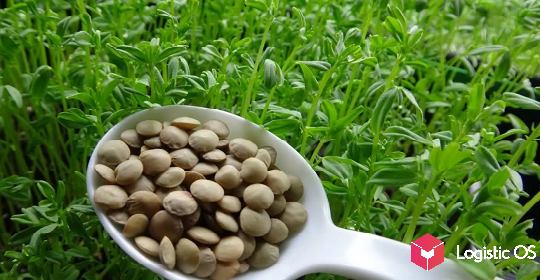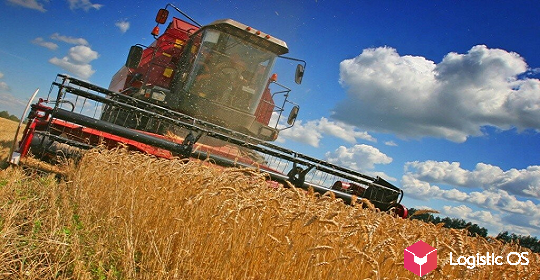According to Financial Times, the breakfast index rose to a record high in 10 years.
The main reasons were the recovery in demand after the pandemic, as well as crop failures in several countries.
The breakfast index is calculated on futures for the following types of products:
Coffee, sugar and milk.
Wheat and oats.
Orange juice.
All these products in the world markets have risen significantly. For example, wheat has become more expensive by 20%, coffee by 56%, sugar by 26%.
One of the main factors behind the rise in prices is a sharp recovery in demand after the crisis caused by the coronavirus pandemic.
«Overall global demand was higher than expected,» said Will Osnato, an analyst at Gro Intelligence.
In addition, unfavorable weather conditions in a number of countries, observed in the current season, caused poor harvests and shortages of food.
For example, in Russia, Argentina and North America, a significant proportion of wheat fields have been affected by drought.
In Brazil, one of the main coffee producers, frosts struck, killing coffee trees.
And in Europe, the harvest fell due to untimely heavy rains.
Another reason for the rise in product prices is supply chain disruptions.
For example, in Far Eastern ports, many ships wait for their turn for weeks, and similar phenomena are observed everywhere.
Logistics does not have time to meet the increased demand, so the supply lags far behind it.
Another factor is the rise in the price of fertilizers due to the rise in gas prices.
Food producers have to factor these costs into the final price of the product.
Many companies specializing in breakfast products such as Nestle and Procter & amp; Gamble do not hesitate to raise prices and shift all their costs onto the shoulders of buyers.
Finally, we must not forget about the banal inflation of world currencies due to the pandemic. A decrease in their real value causes an increase in the price of all goods and services at once.
When will food prices go down?
At present, experts see no prerequisites for this.
It is assumed that the rise in prices will continue at least throughout 2022.
And even if all countries reap a bountiful harvest next season, food prices will not return to their previous low values instantly.
Overall, the breakfast index is up about 63% from pre-pandemic 2019 levels.
And other products are not lagging behind. For example, according to Rosstat, in some regions of the Russian Federation meat and vegetables have risen in price by up to 30% over the past year.
Thus, in the near future there is no reason to expect that food prices will fall.
World wheat prices are at their highest today, where they were last driven by the 2012 US drought.

